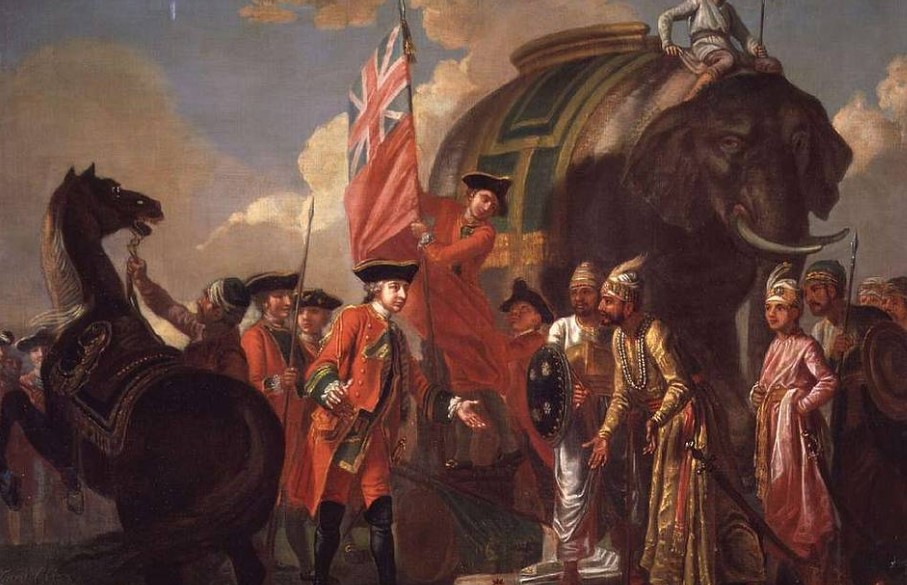
Battle of Plassey
Read in detail about the Battle of Plassey, its reasons, result and its significance in modern Indian History.
Home » UPSC Study Materials » CivilsCracker Explains » Modern History » Carnatic Wars
Read in detail about three Carnatic wars that occurred between English and French to establish their hegemony in India.
Though the British and the French came to India for trading, they slowly became involved in the politics of India. During that time, the entire south India was divided into minor Rajas, Nawabs and chieftains who fought with one another to maintain their supremacy.
Both English and French wanted to exploit this situation and wanted to establish their hegemony. This led to Anglo-French rivalry in India.
Due to this rivalry, three Carnatic wars occurred between the English and French and finally the British emerged victorious and established their hegemony in India.
Following are the worth noting points about the three carnatic wars:
The Third Carnatic War was a decisive war as it ended the French ambitions to create a colonial empire in India and the British became the supreme European power in India. Following were the main reasons for the failure of the French and Success of British in Carnatic wars :
We this, we conclude this topic here.
You can read complete modern history explained series here.
You can read complete modern history summarized notes here
You can solve modern history chapter-wise MCQs here.

Read in detail about the Battle of Plassey, its reasons, result and its significance in modern Indian History.

Read about the arrival of the British East India Company in India, their rise and expansion in various parts of India as traders.

Read in detail about arrival of French, the empire they built and their subsequent decline in India.

Read in detail about arrival of Portuguese, the empire they built and their subsequent decline in India.